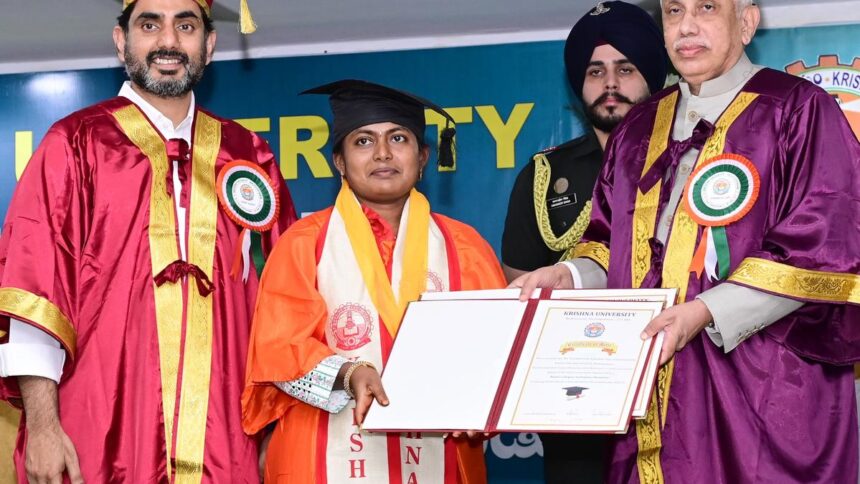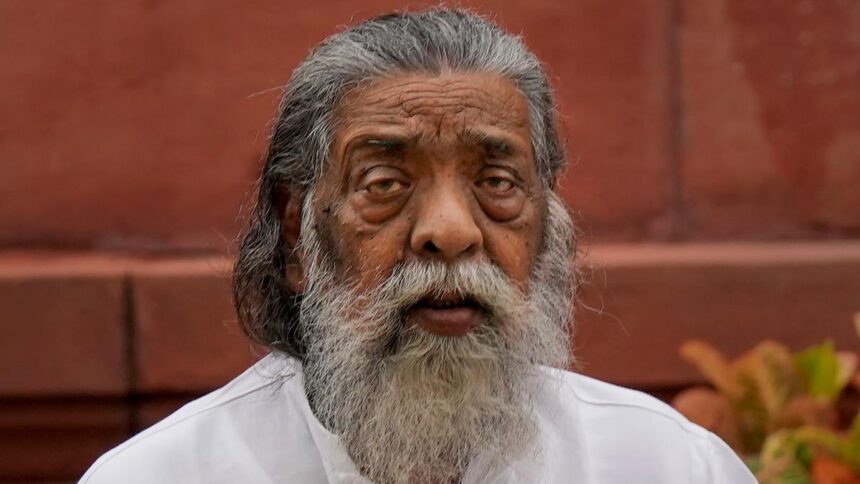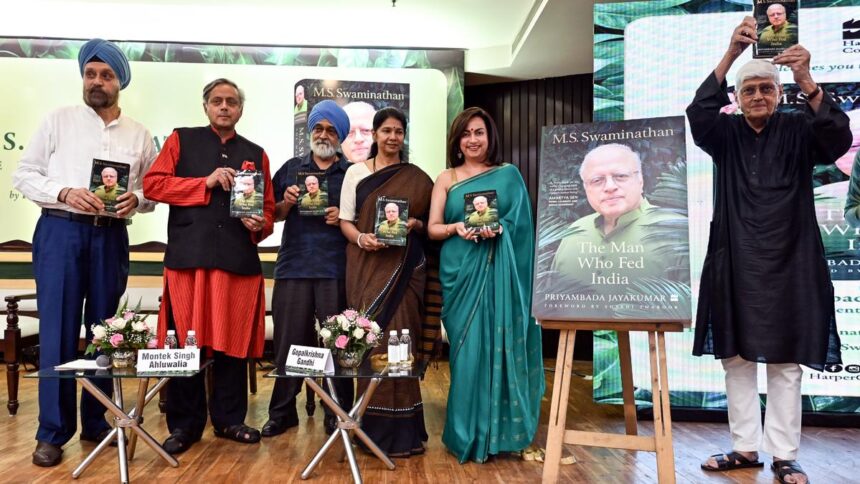
A vendor displays newspapers with frontpage articles on the India-Pakistan conflict in Amritsar on May 8.
| Photo Credit: AFP
The Digital News Publishers Association (DNPA), an industry body of traditional media organisations with a major print presence, called on Saturday (June 21, 2025) for the protection of copyright in training of Artificial Intelligence models. The statement comes as DNPA and other organisations contribute to a review of the “intersection” between AI and copyright being undertaken by the Department for Promotion of Industry and Internal Trade under the Ministry of Commerce.
The review is being undertaken by a committee on AI and copyright constituted by the DPIIT in April, and two meetings took place on Thursday and Friday. The committee is headed by DPIIT Secretary Himani Pande.

“DNPA firmly believes that utilising the content of digital news publishers, without consent, for AI training and subsequent generative AI applications, such as search assistance and information purposes, constitutes an infringement of copyright,” the industry group said in a statement. The Hindu is a DNPA member.
‘Fair compensation’
“The association advocates for a regime that ensures fair compensation for content producers, recognising their rights in the digital landscape. Any initiative of the Government of India to ensure fair play in this regard is vital for the growth of the digital news media sector in the country.”
In January, DNPA intervened in a copyright lawsuit being filed by the newswire agency Asian News International (ANI) in the Delhi High Court, arguing the ChatGPT maker OpenAI’s training of its models on publicly available news content “threatens the intellectual property rights of publishers”. An OpenAI spokesperson defended the company’s training of models like ChatGPT, saying its use of public content was “supported by long-standing and widely accepted legal precedents”.
Published – June 21, 2025 10:20 pm IST






















